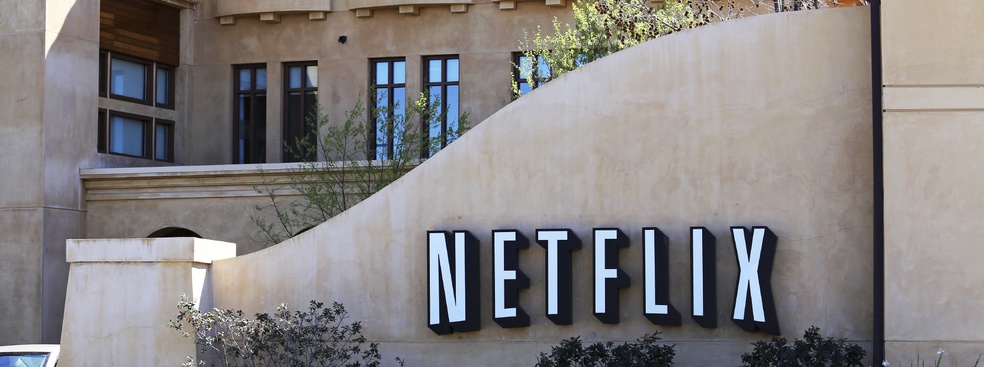It would be difficult to argue that Netflix is not in direct competition with traditional TV. In fact, the battle for viewers has already begun, and Video on Demand (VOD) services – Netflix among them – appear to already have the upper hand. Indeed, in a digital world where laptops, tablets, and smartphones let viewers access video content anytime, anywhere, the television industry no longer seems capable of convincing viewers to schedule their time around it.
Sure, VOD looks like wave of the future, but has Netflix in particular got what it takes to enjoy global success, including here in France? We asked Serge Hayat, co-President of ESSEC’s Media and Entertainment Chair for his insights:
ESSEC Knowledge: How have the consumption habits of viewers evolved?
Serge Hayat: We are far from the idyllic picture of the 60s family gathered around their ‘sacred’ television sets. Today’s consumer/clients can be grouped into two categories. First, there are those who watch programs and movies in larger groups around a big screen. Both traditional TV or VOD services are viable options for them. Second, we have those who tend to watch individually and on a smaller screen – a computer, tablet, or Smartphone – and it’s with this ever-expanding group that traditional TV is at a clear disadvantage.
EK: Is traditional television doomed?
SH: The television industry hasn’t been silently standing by as the world changes. For example, they’ve developed strategies that focus on live events where they are at a clear advantage compared to competitors. That said, television and the American studio system have started to realize that it’s no longer enough for them just to hold the broadcast licenses for these events. They need also to gain a better understanding of their consumers and respond to their needs, which is much easier for VOD systems that don’t need to work around the rigidity of broadcast schedules.
HBO (Game of Thrones, The Sopranos, ..) is a case study in the attempt of traditional media to work with new realities. Knowing that they would need to compete with Netflix, HBO launched HBO Go in 2010, giving customers access for the first time to pre-broadcast content, on demand. Since then, HBO on demand –very clearly inspired by Netflix - took this service a step further. The objective: of course they want to compete with Netflix, but they’d also like to control the data and information they get from their clients.
EK: Will there be a French exception?
SH: You’ll often hear that Netflix is doomed to fail in France. But in reality, the situation is complex and it’s far too early to say.
First we need to put the situation in perspective: the overall situation for VOD in France is not good, namely because of the quasi-absence of any regulation against piracy. Another factor that limits the success of VOD are the regulations that stipulate when and with what delay media can be released in various countries. Despite their good intentions – to protect box office revenues for film-makers who have pre-financed their projects – these regulations are just too rigid and therefore undermine video on demand services that come at that very end of that cycle.
But even today, we should avoid saying that Nitflix is “failing” in France. Already, its catalog is growing day by day and the archaism of French legislation will not be able last. When the programs offered in France are the same as those available in bigger markets, the situation will be different.
EK: Will Piracy Stunt VOD’s Growth?
SH: France has scrapped the Hadopi law against piracy. So why would users subscribe to a video-on-demand service when they can so easily get around the system with new “hits” like Popcorn Time? The question is currently a fair one.
The development of legal VOD offers in France is currently hindered by both piracy and rigid release-date regulations. Until we respond to these issues, the French situation will continue to clash with the VOD experience abroad where organizations like Netflix have experienced exponential growth. With these observations in mind, it’s time to take concrete action.





